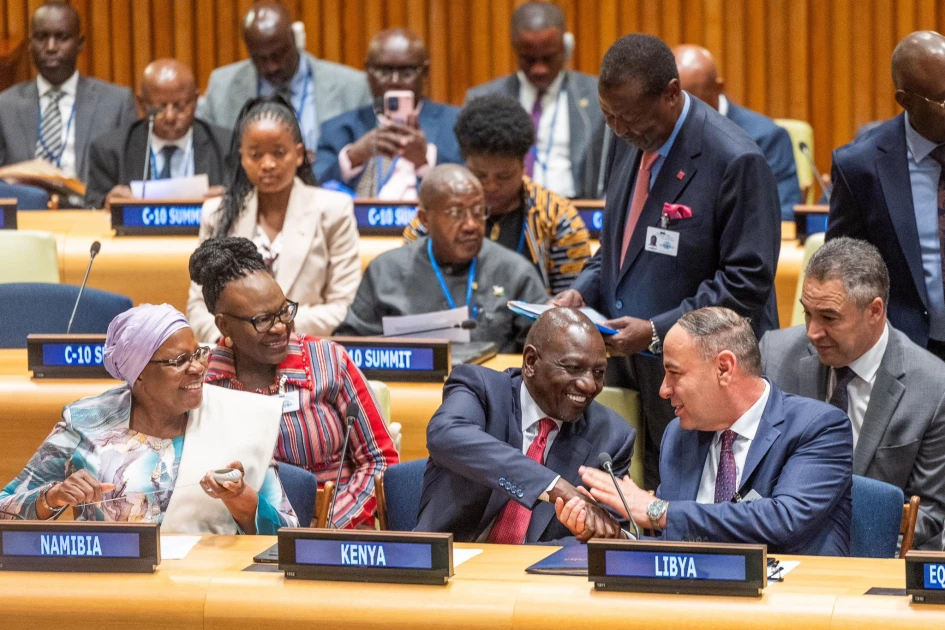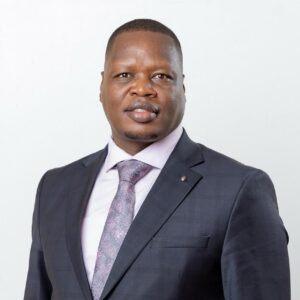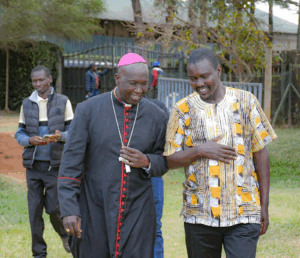Africa Demands Stronger Voice at the UN Security Council
Commentators note that the plea for reform is not fresh, yet there is greater urgency in recent years as global dynamics shift.

leaders that the continent, home to 1.4 billion people, 54 UN-recognized states, and major contributors to UN peacekeeping forces, ought to have a seat on the Security Council. Photo/ Courtesy
By Juliet Jerotich
Calls for a permanent seat at the United Nations Security Council for Africa were made again as leaders reiterated the call for equality and fairness in international decision-making. Spelling out the matter firmly, Mr. Youssouf emphasized that issues concerning Africa always feature top on the agenda of the Council, yet the continent does not yet have a permanent seat, and he termed this as unfair and ancient.
In his opinion, the current situation upholds an asymmetrical power structure that no longer addresses realities of today. He confirmed that Africa is determined to move beyond cosmetic engagement and obtain a seat with which the continent can influence critical decisions on issues related to international peace and security. “Africa will no longer wait on the sidelines of history,” declared Mr. Youssouf, echoing decades of being on the sidelines during which Africa received agenda status and not that of a decision-making partner.
His words struck a chord with growing sentiment among African institutions and leaders that the continent, home to 1.4 billion people, 54 UN-recognized states, and major contributors to UN peacekeeping forces, ought to have a seat on the Security Council. Reformists argue that the majority of the topics discussed at the UN affect African nations, yet the resolutions are taken without adequate African representation at the Council level.
Namibia’s President Netumbo Nandi-Ndaitwah entered the debate on the appeal, appealing to present Security Council members to recognize Africa’s invitation as legitimate and long over-due. She described support for facilitating Africa’s membership as an opportunity to be “on the right side of history,” noting that justice and equity must be the basis on which global governance is exercised.
Commentators note that the plea for reform is not fresh, yet there is greater urgency in recent years as global dynamics shift. Since Africa has become a hub of economic potential, population growth, and geopolitical influence, leaders argue that exclusion of the continent undermines the credibility and effectiveness of the Security Council to function.
The supporters also point out that Africa’s contribution to UN peace-keeping missions, its function as a mediator of inter-regional conflict, and its drive for multilateral solutions proves the potential to contribute meaningfully at the level of global decision-making. They contend that granting Africa permanent membership would not only be a correction of an historic injustice but also increase the legitimacy of the Council.
While the controversy over UN reforms continues, African heads of state remain resolute. Their message is that symbolic acceptance is a thing of the past, and the time to achieve real representation should now begin.







